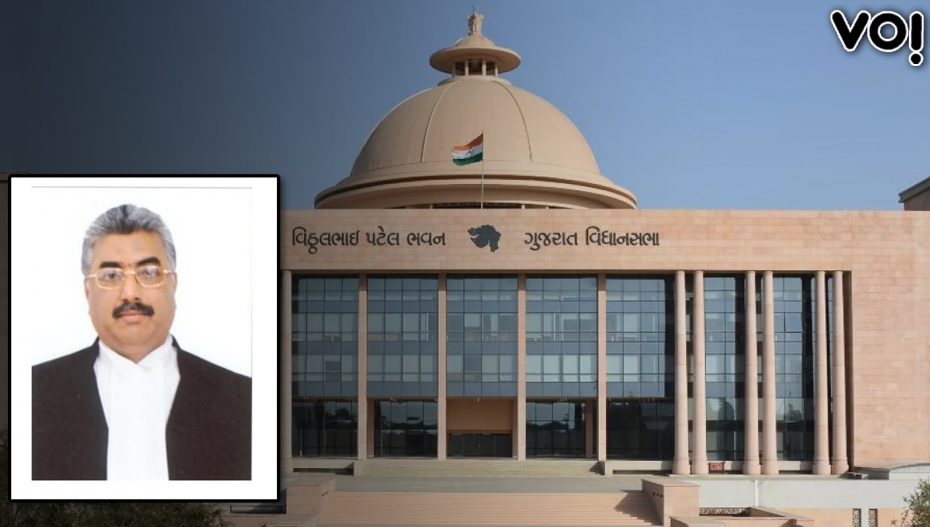In a contempt of court case listed before the division bench of Chief Justice Aravind Kumar and Justice A.J. Shastri, the CJ clarified that the court cannot issue directions in contempt jurisdiction on Monday. During the hearing, the Advocate for the petitioner said that the court had directed to conclude the elections of the Jamaat Committee in 12 months”.
The bench asked, “Where is the direction to conclude the election?”
To this, the counsel read, “They tender an unconditional apology and would submit that, due to the COVID-19 pandemic, the election could not be completed as per the direction issued by this Court. They further state that now in the changed circumstances, the election would be completed within a period of three months hereinafter”, from the previous oral order of 2021.
CJ Aravind Kumar asked, “Where is the positive direction, …. where do you get the direction to hold the elections, …. by applying the principle of understanding, where do you get the positive direction?” The CJ clarified, “In contempt jurisdiction, the court will examine the positive direction, you shall do it in this fraction. If there is any ambiguity that shall be sufficient for the court to drop the contempt proceedings”.
The bench stated that it was not concerned with general things and this is a contempt jurisdiction. So in contempt jurisdiction, no direction can be given as Supreme Court had said.
In this case, V. Senthur and another Vs M. Vijayakumar (Supreme Court of India), the court stated that in contempt jurisdiction, the court will not travel beyond the original judgment and direction; neither would it be permissible for the court to issue any supplementary or incidental directions, which were not to be found in the original judgment.
“So where is the direction for the election being held….the respondents were supposed to file an undertaking”, the CJ stressed.


















